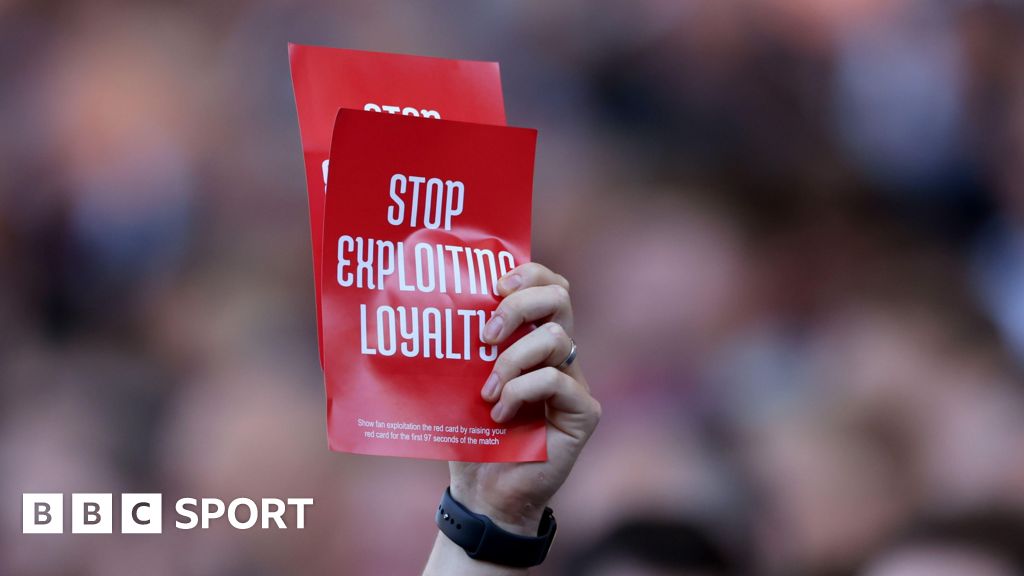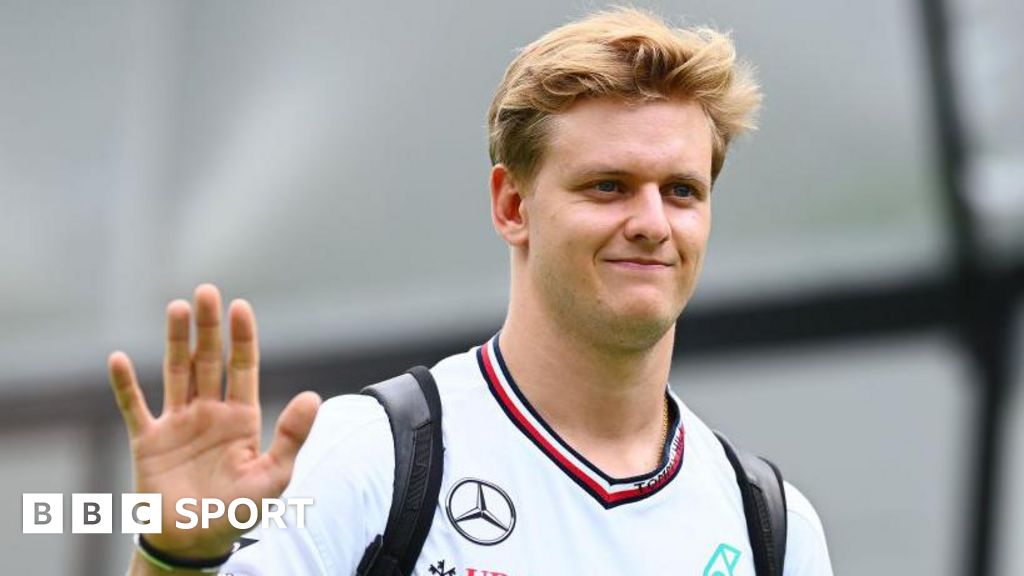ARTICLE AD BOX
The last time Glasgow was in contention to stage the Commonwealth Games, the bid team called on the services of 007.
Back in 2007, former James Bond actor Sir Sean Connery pulled out his exploding pen and wrote personal letters to each of the Commonwealth Games Federation (CGF) delegates to explain why they should pick Scotland's largest city over Abuja, Nigeria.
He was joined by another knight of the realm - Sir Steve Redgrave, the first British athlete to win five Olympic golds - in backing Glasgow's bid.
In total, more than one-and-a-half million people signed up to commit their support to hosting the 2014 Games.
Securing the 2026 Games has not required such a high-profile campaign.
Glasgow has not had to turn on the charm. Instead, it has had to convince itself of the merits of being host.
The 2026 edition was supposed to be staged in Victoria. At Birmingham 2022's closing ceremony, four indigenous elders from the Australian state were handed the flag as the next hosts.
Within a year, they had handed it back.
The budget for the Games had rocketed. State Premier Daniel Andrews said that, for all the loss of face, he did not have to think long about cancelling on the CGF.
Describing the Games as "all cost and no benefit", Andrews said "I've made a lot of very difficult decisions in this job - this is not one of them".
So, why does Glasgow think it is an event still worth having?
Firstly, they believe the numbers add up. Glasgow's calculations are that a combination of CGF funds, a financial sweetener from Victoria and private investment will avoid the use of any UK public money.
The 2026 Games programme will also be slimmed down to lighten the load on the bottom line.
The plan is to stage as few as 10 sports, compared to the 18-strong schedule in 2014, and to use existing venues rather than build from scratch.
The way Birmingham projected a feel-good face onto England's second city shows the success the Games can be.
However, the city's subsequent financial struggles, with its council effectively declaring bankruptcy in September 2023, also underlines the stakes involved.
Clare Hartley is the co-founder of Arc Event Consultancy and has worked with multi-sport event organisers, including Manchester 2006 and Birmingham 2022, for nearly 25 years,
"It is just very hard to put these multi-sport events on," she says.
"They are very expensive, they require a lot of different venues and logistically they are very challenging.
"Multi-sport events are huge projects that take up so much money and time and more countries and cities are weighing up more carefully whether it is worth hosting them."
The sporting calendar is far busier than it was in 1930, when the first Commonwealth Games took place, offering star athletes lucrative alternatives but also giving potential hosts the chance to put on events that better suit local tastes and budgets.
The Commonwealth Games - which has necessary infrastructure and a variety of venues comparable to an Olympics, without the bumper broadcasting receipts or global sponsorship deals to offset them - will always be a tricky proposition.
"You look at Singapore," says Hartley.
"It is a sporting nation, part of the Commonwealth, a prosperous nation, and they are hosting the World Aquatics Championships next year, rather than bidding for the Commonwealths.
"There are so many sporting opportunities out there, nations can pick and choose a little bit and the Commonwealth Games has not been of as much interest."
Hartley believes that paring back the programme of sports for 2026 could give organisers the chance to define the Commonwealth Game more clearly, as well as reducing costs.
"It could be a chance for the Commonwealth Games to really have a think about it," she says.
"They could focus on sports where the Commonwealth Games is still the highest level of competition, such as netball or, certainly before it gets it shot at the Olympics in 2028, squash.
"Could it be positioned it as a junior-level event in things like athletics and swimming and a showcase for those other sports? There may be a niche for it there."
But there may not be.
Glasgow would be just the latest stop-gap host. Birmingham staged the 2022 Games only after a shortage of funds forced original host Durban to pull out.
Alberta, the Canadian province that was pencilled in for 2030, has also ditched its plans to put on the Games.
Hosting of the Commonwealth Games is now caught in a presumably unsustainable shuttle between Australia and Great Britain, with Glasgow 2026 making it six of the last seven events staged in one of the two nations.
However it rejigs itself in the future, the Games also has an inescapable past.
Originally launched as the British Empire Games, it is rooted in an era very remote from modern sensibilities.
It may be that ultimately too much competition and too little relevance will see time run out on the Commonwealth Games.
"I think it is in danger of coming to the end of its cycle," says Hartley.
"The European Games is still quite new, it hasn't quite found its footing yet, but it could get stronger.
"It has the weight of a lot of international federations and links into the European Broadcasting Union [a continental organisation of public service media organisations] and the Olympic Games.
"You look at the success of the Pan American and Pan Asian games – they are huge – and it could be that they overtakes the Commonwealth Games."
If the race is run on a near century-long Commonwealth Games history, it will leave a gap behind.
A pinnacle will be missing in some sports' skyline. A chance to represent their home nation will be gone for British athletes. A valuable platform for disability sport will have disappeared.
For now, though, it continues.
When Glasgow bid for the 2014 Games, its pitch included a promise to care for the Commonwealths "not just for 11 days or even for four years but... for generations to come".
The authors could not have known what a difficult task that would be. Or what a central role their city would end up playing in it.

 2 months ago
12
2 months ago
12








 English (US)
English (US)